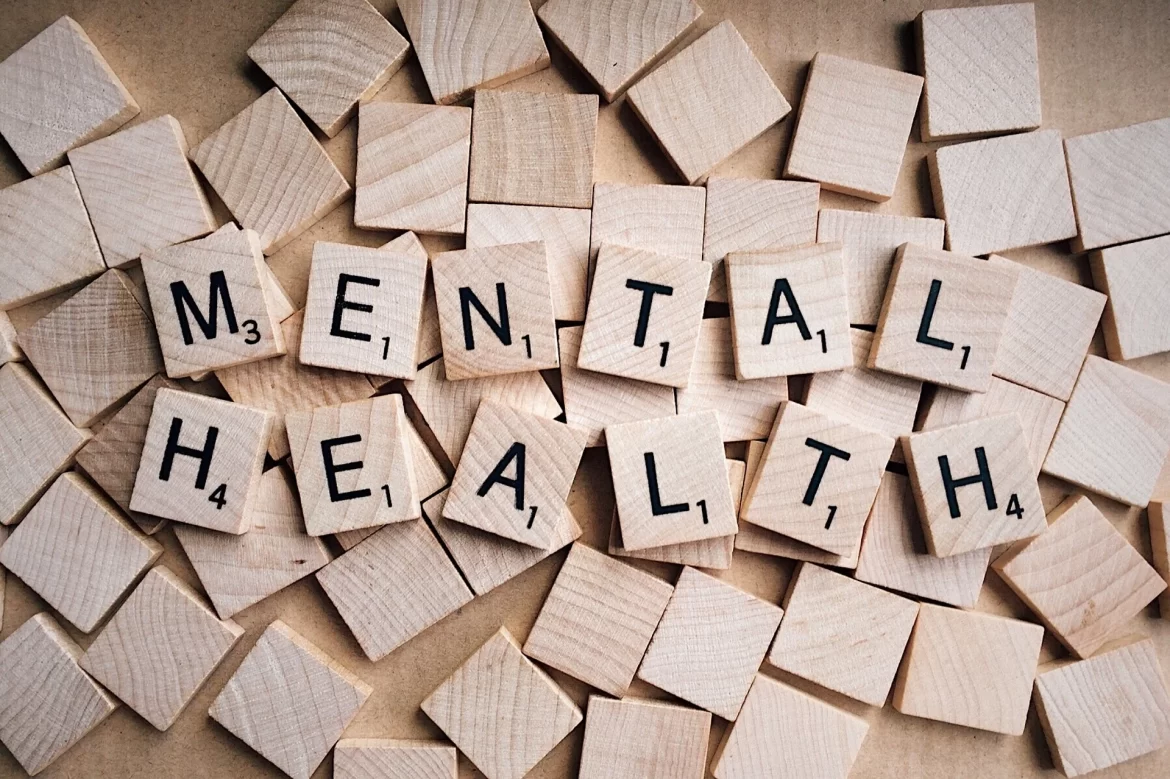Mental health care is essential to the overall well-being of individuals and families. It can help avoid many negative outcomes and save lives by effectively treating underlying mental conditions in a timely manner.
Untreated mental illnesses can lead to school failure, family conflicts, substance abuse and violence – conditions which have a devastating impact on families, communities and the healthcare system. These conditions pose financial costs for families, communities and the healthcare system as a whole.
Health
Mental health care is just as essential to overall wellbeing as physical healthcare. It helps individuals recover from mental illness, manage stress and trauma, as well as prevent or treat serious chronic illnesses like diabetes and cancer.
People need access to quality mental healthcare in their local community – both outpatient and inpatient services. It should be accessible near where they live and affordably priced, as traveling for care can pose a substantial financial burden.
Stigma surrounding mental illness and treatment can often prevent individuals from seeking the assistance they require. They may fear that disclosing their condition will lead to discrimination or negative treatment from loved ones, friends, and colleagues.
Around the world, there remains a considerable disparity between mental healthcare needs and services available. This is partly due to inadequate healthcare systems, lack of awareness regarding its significance and stigma attached to mental illness.
Education
Education is one of the key elements to improving mental health care. Mental health education will make students aware of any symptoms or signs they may be experiencing and also provide them with information on where they can find assistance if needed.
Schools can have a positive effect on students’ mental health and overall well-being by raising awareness about mental health conditions, eliminating any stigma, and creating an atmosphere that provides comforting support and encouragement to those in need.
School-based mental health services can include wellness promotion, in-class discussions of coping strategies and screenings for anxiety, depression and other disorders. Some districts provide more intensive services like one-on-one counseling, crisis intervention and support groups for students who require extra assistance.
Employment
Many individuals find work to be an essential factor in their wellbeing. It offers them a chance to express themselves creatively, find meaning through work and develop resilience.
Investing in mental health care can enhance employee engagement and retention, boost productivity, reduce healthcare expenses and reduce workplace stigma. Furthermore, it may reduce workplace discrimination as well.
With the COVID-19 pandemic and a recent report from the surgeon general, it’s more important than ever for workplace policies to prioritize mental health. This includes providing insurance coverage, offering appropriate training for managers and employees, offering flexibility, and encouraging employee growth and development.
Although much work remains to be done, a number of organizations are making strides. These include companies who are providing mental health awareness education and resources, cultivating an encouraging organizational culture, and destigmatizing mental health challenges.
Self-Esteem
Self-esteem is an integral component of mental health care. It plays a significant role in managing stress, developing effective coping techniques and having perspective when faced with challenging circumstances.
Healthy self-esteem involves appreciating yourself for who you are, treating yourself with love and respect, and accepting yourself for who you are. It also requires letting go of perfectionism and all-or-nothing thinking.
Self-worth can be enhanced through doing things you enjoy, taking advice from those you admire and being authentic. It also involves saying no when you don’t feel like doing something and knowing that doing so won’t disrupt relationships or cause any pain or distress in the short or long term.
Low self-esteem can have many detrimental effects. It may make it difficult to succeed academically, maintain a healthy relationship or feel safe. In extreme cases, it could even lead to self-harming or suicidal thoughts.


